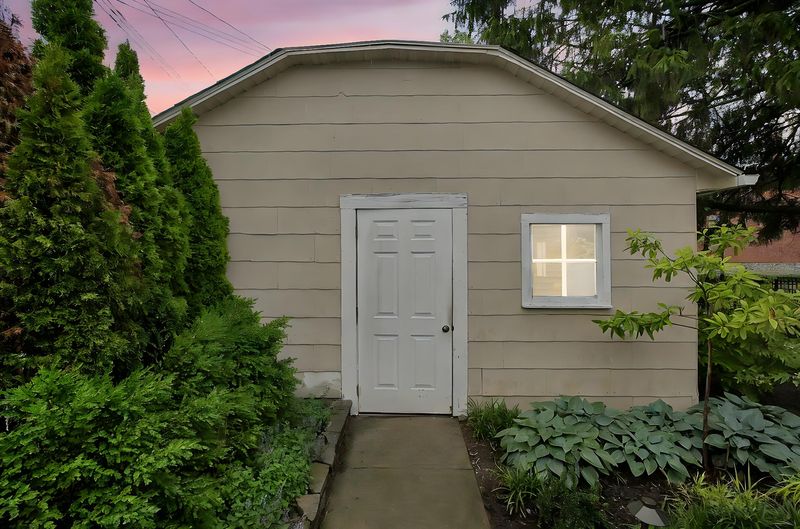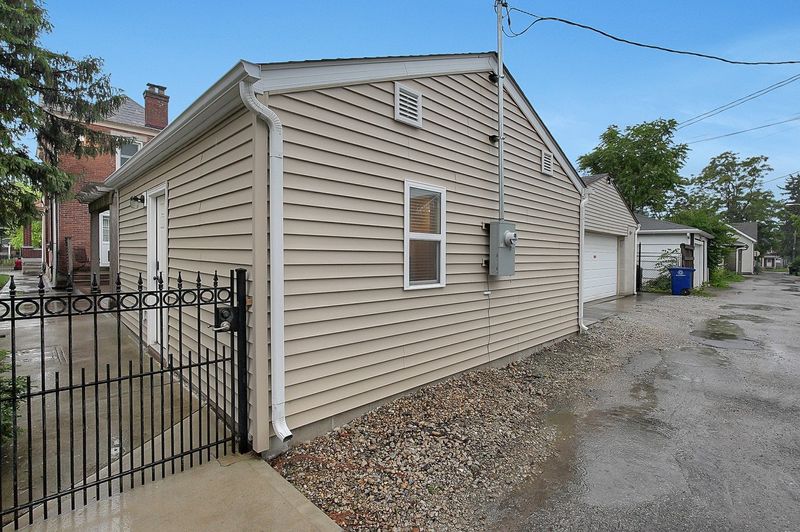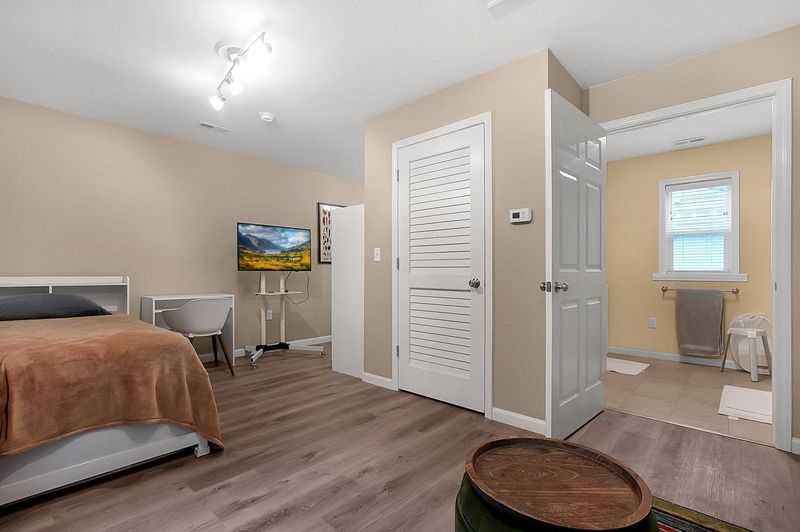Columbus is making it easier for residents to build accessory dwelling units, those apartments or small houses sometimes called in-law suites or granny flats.
The Columbus City Council voted 9-0 at its meeting on Nov. 24 to reduce red tape around building accessory dwelling units, including to make it a right to build them in residential districts citywide. This will allow homeowners to bypass the city’s current lengthy process for applying for a zoning variance as long as the unit follows city standards.

An accessory dwelling units (ADU) is an additional, smaller habitation built on the same lot as a house, either attached or built as a separate structure. This could include building a stand-alone structure in the backyard or attached structure in the basement, converting a garage or building above a garage. Homeowners often use ADUs for aging relatives or rent them out for extra income.
Councilmember Otto Beatty III sponsored the legislation and it represents his legacy on council as he is filling a short-term appointment to the District 7 seat this year. The ordinance is the second piece of council’s Columbus Forward legislative package to pass council.
“Addressing Columbus’ housing crisis requires creative solutions from all corners of our city, and accessory dwelling units allow people to lend a hand right in their own backyard,” Beatty said. “Removing barriers to building these structures will create more diverse housing options for residents, allowing families to live closer together and helping homeowners to build wealth.”
Beatty has personal experience with this type of housing. His family converted a garage at his sister’s home in Gahana to an apartment for their 88-year-old mother. He said this allowed his mother to be better cared for and spend time with her grandchildren. Beatty said he wants to give that option to more families.
Beatty was referring to his mother, not to his stepmother, Congresswoman Joyce Beatty.
“This historic vote expands housing choices, supports multigenerational living, and strengthens the fabric of our community,” Jenny Carlson, state director for AARP in Ohio, said in a statement. “At AARP Ohio, we champion policies like ADU legislation because they help older adults age in place, provide affordable options for families, and foster inclusive neighborhoods. This decision not only addresses today’s housing needs but also builds a more resilient and sustainable future for all residents.”
Other Ohio cities that have passed legislation to allow more accessory dwelling unit construction include Cincinnati, Westerville and Bexley.
Kathy Green and her husband built an accessory dwelling unit behind their Columbus South Side home two years ago with the intention of moving Green’s father in there. He passed away before needing to move in. The couple has rented out the unit as a mid-term rental, including to two travel nurses and a student interning in the city.
“The current process just slows things down and adds cost,” said Green, who is the zoning chair of the South Side Area Commission. “With the cost of building going up … we don’t need extra barriers to people who want to add housing.”
Council President Shannon Hardin said the council has been considering legislation around accessory dwelling units for several years, but Beatty took on this initiative and made it even more progressive.
Hardin said Columbus’ population is booming and more people are moving here than the city can house, so every bit counts.
Between 2019 and September 2025, Columbus granted 110 zoning variances for the construction of accessory dwelling units. Beatty hopes this legislation will incentivize more ADU construction.
The council also voted 9-0 to approve $50,000 for Opticos Design, Inc. to create a resource guide for residents who wish to build ADUs in Columbus.
Government and politics reporter Jordan Laird can be reached at jlaird@dispatch.com. Follow her on X, Instagram and Bluesky at @LairdWrites.
This article originally appeared on The Columbus Dispatch: Columbus City Council vote paves way for more accessory dwelling units
Reporting by Jordan Laird, Columbus Dispatch / The Columbus Dispatch
USA TODAY Network via Reuters Connect





